Depending on who you ask, it’s either the best time or the worst time to be a stand-up comic. On one hand, you have the Internet: an accessible platform for anyone to practice, gain exposure, and eventually achieve fame. On the other hand, you have the Internet: where everyone is on permanent notice and a risque joke or offhand Tweet could lead to being branded with the “cancelled” iron before you can say “Whoa, this blew up.” Comedians have always had to deal with being criticized for their art, and shitheads have long used comedy as an excuse for their shitheadery. How do we, as the comedy-consuming public, best parse sincere comedians who push the envelope from asswipes who use wacky inflections in their hate speech?
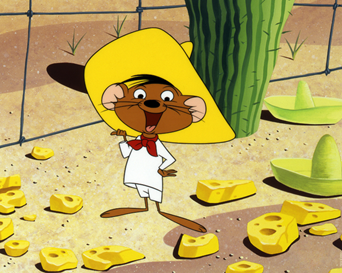
To be fair, comedy was at one point just hate speech with wacky inflections.
To explore this idea, I’d like to consider a comic who I think most would agree falls into the sincere category: John Mulaney. Starting out as an office assistant at Comedy Central, Mulaney has grown into a comedian most known for his stand-up, a role that far fewer people occupy now than during the comedic renaissance of the ‘80s. He represents the ‘80s-era comic in both the style of his act and in his career path: grinding in a low-tier entertainment job for years before pitching to large platforms has given way to relatively instant viral stardom in our modern age of social media. The “grind” can now be ground anywhere with cell phone reception, and any star that actually had to work awful hours and bring people coffee deserves a couple bonus clap-claps.
Just as Mulaney followed a traditional path to stardom, he adopts a traditionalist approach to stand-up. Comedians nowadays oscillate between meta-commentary buried under layers of irony and sincere commentary that doesn’t contain any jokes. His sets distinguish themselves by clinging tightly to convention, using stories and observation to create the standard “setup/punchline.” Usually comedians are rewarded for bucking trends and trying to find the Next Big Thing, but Mulaney placed himself at the top of the comic pecking order by doing old-school material exceptionally well. But just as pretty much every comic from the ‘80s has a joke that reads like a ragepost from a Pepe avatar, Mulaney too has some problematic skeletons jerking off in his closet.
I want to make clear right now that I do not support the cancelling of John Mulaney. I mention this only to demonstrate that during the process of learning how to do stand-up comedy, offending people is inevitable. Like anything else, you have to suck at comedy before you don’t suck, and sucking at comedy sometimes means being offensive instead of funny—whether you knew any better or not. But after listening to THE TOP PART and NEW IN TOWN, Mulaney’s first two albums from roughly a decade ago, it’s clear that both Mulaney and the world of comedy have considerably grown.
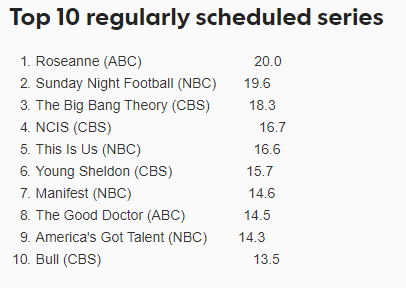
Eh, maybe not
THE TOP PART is, in my entirely unqualified opinion, an excellent stand-up album. The gone-viral closer, a tale of tormenting diner patrons with Tom Jones’ “What’s New, Pussycat?”, demonstrates the potency of Mulaney’s simply-structured stories. But some of the stories earlier on in the album could be construed as cancellation material. His story about chasing a woman on the subway could easily become an out-of-context quote Tweet that, if posted by the correct influencer, has the potential to spark a cancellation campaign. The same could be said about his Jewish wife bits, or his Ice-T impression from NEW IN TOWN, and that’s just his recorded material. Somewhere out there could be a grainy cell phone video from an early-aughts NYC open mic in which his approach to these subjects contained less nuance and tact.
For the sake of argument, let’s say that grainy video doesn’t exist and Mulaney has never bombed an open mic, messed up a punchline, or pissed anyone off. Mulaney openly discusses his struggle with alcoholism early in life that led him to quit drinking entirely—most notably in his account of a rambunctious high school party from NEW IN TOWN. The churning machine of social media didn’t exist as we know it in the early 2000s, but if god forbid some video of Mulaney rapping all the words to NWA’s “Fuck Tha Police” (and I mean all the words) as a blacked-out 16-year-old were to surface, should he lose his platform as a 38-year-old sober comedian? Would we acknowledge the incredible achievement it is to attain (and maintain) sobriety, Mulaney’s upright career, and the positive image he’s held so far and give him a pass? It’s a tough question to answer. But the main takeaway is this: if you squint hard enough at anyone, you can find something to be upset about.
Of course, this isn’t meant to scold young people into accepting offensive material as “just a part of comedy,” nor am I trying to say that cancel culture has gone too far. It should be clear to anyone with a cursory knowledge of social politics that the PC police wield very little real power and advocating for social justice is more dangerous and unpopular than telling offensive jokes. Given the contradictory nature of comedy, it’s important for conscious comedy consumers to distinguish who’s attempting humor and who’s attempting propaganda.
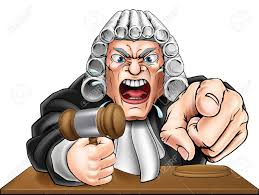
John Mulaney, you are hereby cancelled for your self-titled Fox sitcom.
It wasn’t offensive, it just sucked.
Because political correctness and social justice movements have yet to penetrate our legal system (and have limited success in the rare occasions when they do), most cancelled comedians retain their careers. Usually, “cancelling” consists of a 24-hour period during which the comedian—or their social media lackey—reads angry posts about them written by people they will never meet. This punishment is apparently so severe that Seinfeld, Chappelle, and other mega-stars who have faced this treatment feel the need to fire back in interviews and condemn their critics as “too PC.” Clearly, these comics have been made to feel uncomfortable via cancellation. I think that’s fair. They made people uncomfortable with their language; now, they are made uncomfortable by the language of others. In at least some cases, being subjected to a brief outrage cycle and losing out on young fans seems like an acceptable punishment.
The tricky part now becomes avoiding lumping offensive comedians with sociopaths. What should the standard practice be for comedians who have said shitty things but not done shitty things? It’s easy to conclude that Louis C.K. doesn’t deserve fame and that Bill Cosby should be in a cage forever, but comparing their actions to the decidedly ignorant jokes of Dave Chappelle and Jerry Seinfeld seems ill-advised. The pain caused by a joke shouldn’t be met with the same response as the pain caused by abuse. It’s possible to respect the concerns of those offended by jokes without diminishing the suffering of abuse victims or abolishing non-abusive comedians.
So, how do we navigate this? An easy way is to look at the actions of the performer off-stage. What do they talk about in interviews? What causes do they support? What do those around them think about them? Are there reports of them being an abuser? This sounds exhausting, but in reality consists of four or five Googles. Having comedians first clear the incredibly low bar of not having a record of violent bigotry seems like a reasonable start, and that’s slowly becoming the standard.
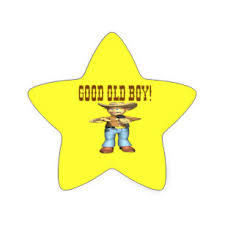
Goodest boy awards will be distributed to those doing the absolute bare minimum.
While celebrities are marketed as gods, the human behind the curtain is merely that. In a world where everyone has to be “on” 24/7 thanks to the importance of Branding™, demanding that your idols be paragons of perfection will only result in disappointment and bitterness. Sure, it might feel good to cast judgement onto society’s most fortunate, bathing in righteous fury over their undeserved success. But as a reformed troll, I can tell you that trying to ragepost about every single event will leave you exhausted and depressed. Letting little transgressions go and taking the time to thoughtfully evaluate before you send a Tweet spares you hours of grief. Plus, reserving your wrath for only those who are truly deserving increases its potency.
We should recognize and be proud of the power of our voices as comedy fans, seeing as it’s loud enough to warrant a response. I’m not the arbiter of what’s fair, what’s just, and what’s offensive, so I won’t claim to know exactly which performers deserve what treatment. But if someday, you’re reading the headline “SHOCKING: John Mulaney’s Anti-Semitic King Solomon Routine from 2009,” consider that perhaps that headline is punishment enough.









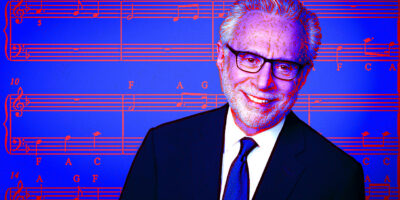
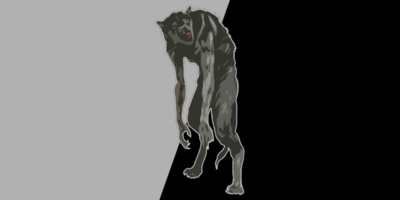


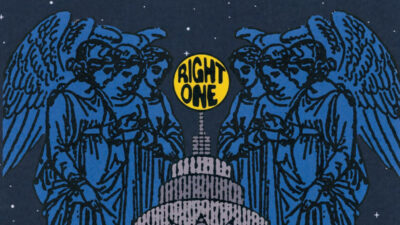

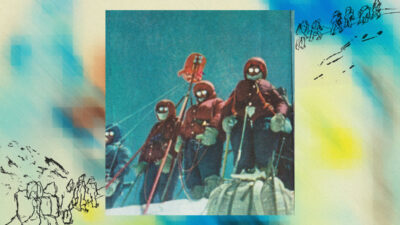
Comments